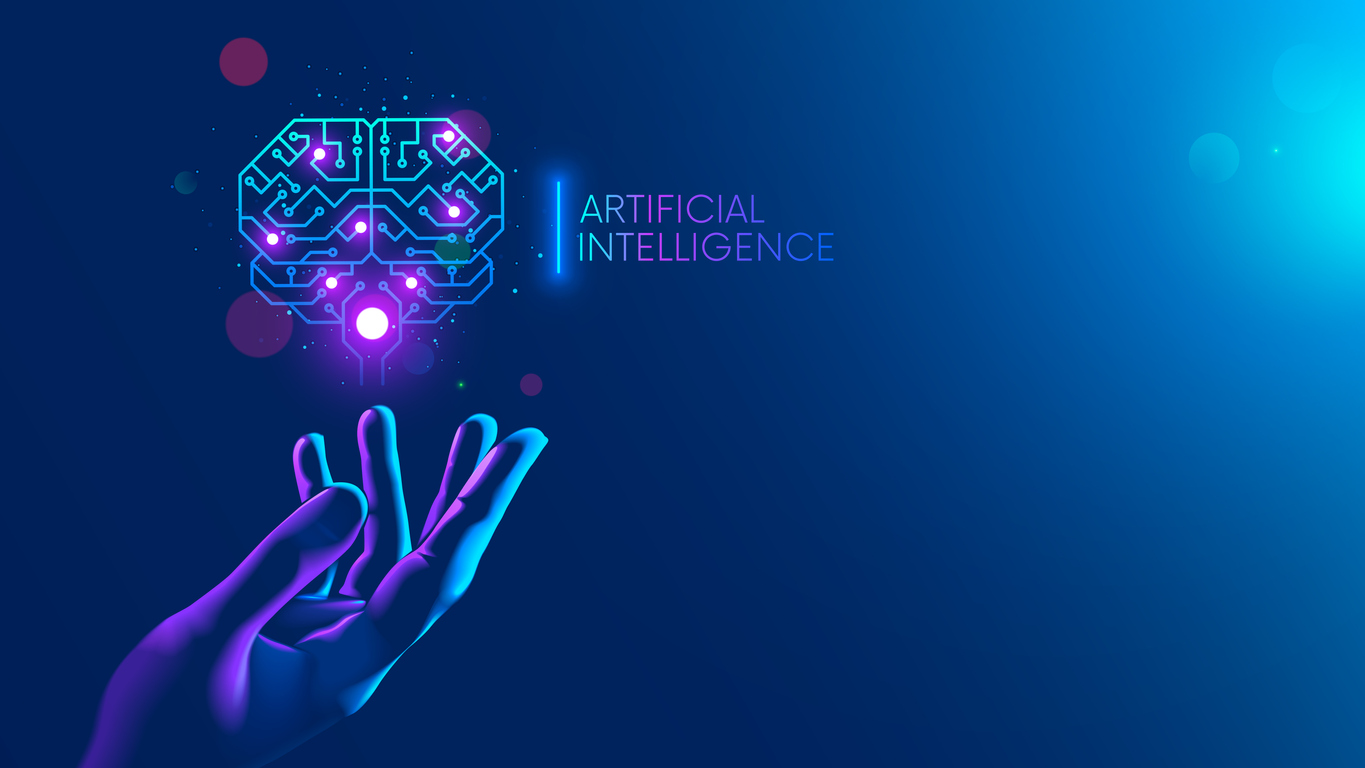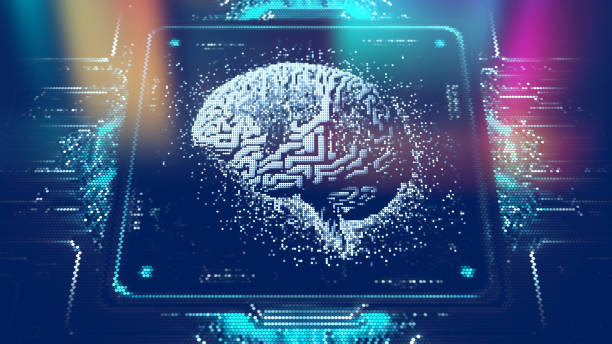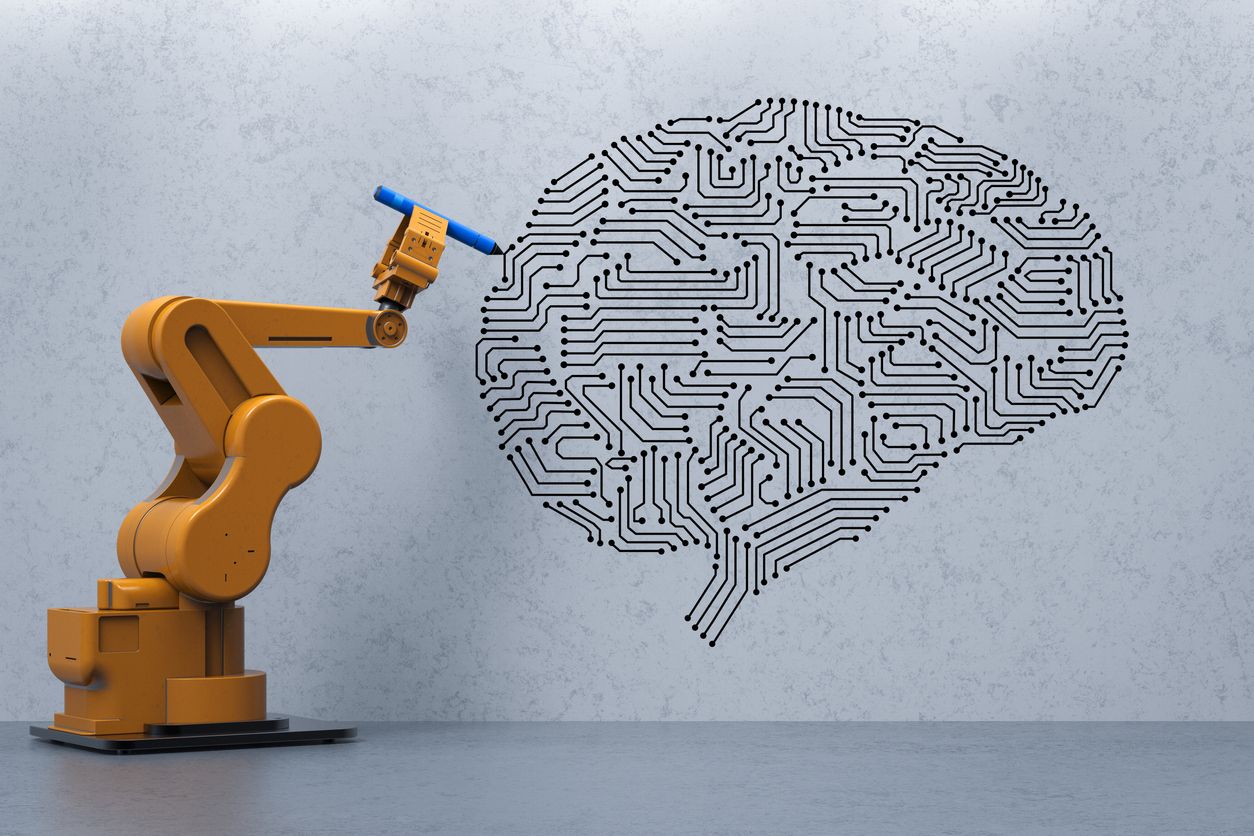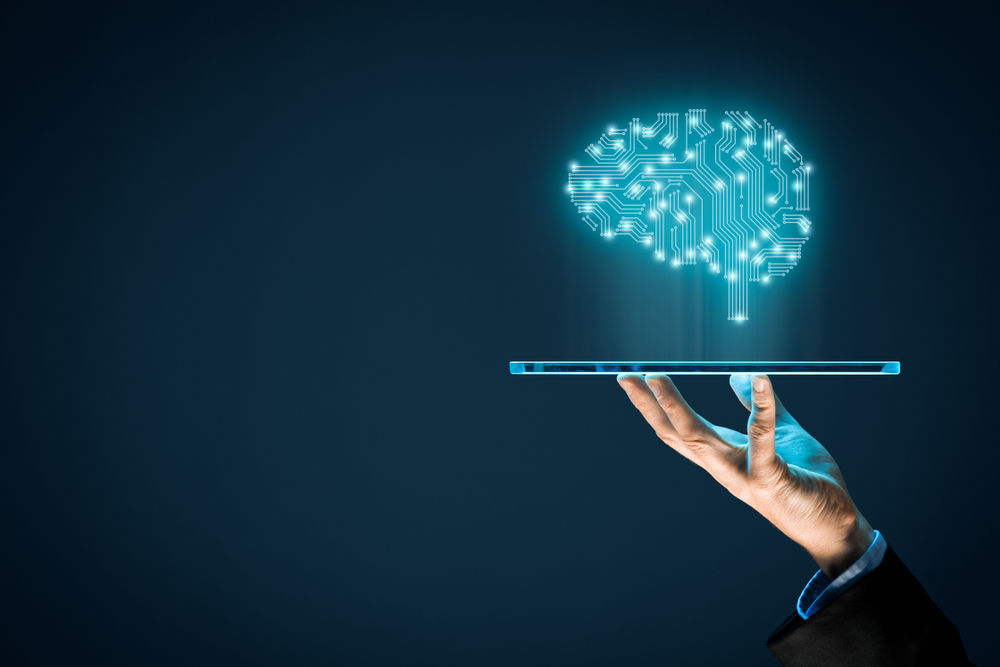Artificial intelligence is one of the most talked-about topics in the world today. Companies are investing billions of dollars into this technology, and there are good reasons for this. AI has the potential to revolutionize many industries, from healthcare to transportation. But why is world so keen on artificial intelligence? And what impact will it have on our lives? In this blog post, we will explore these questions and more.
How is artificial intelligence changing the world?
Artificial intelligence is having a major impact on the world in many different ways. Here are just a few:
1. AI is helping businesses automate tasks, making them more efficient and faster.
2. AI is improving health care by helping doctors diagnose diseases more accurately and quickly.
3. AI is being used to teach children in schools, making education more effective and accessible for everyone.
4. AI is helping researchers build new digital technologies, giving us new and innovative ways to interact with the world around us.
What are the benefits of artificial intelligence?
Artificial intelligence is quickly becoming one of the most talked-about topics in the world, with businesses and individuals alike investing in the technology in order to reap its many potential benefits. Here are five of the biggest reasons why artificial intelligence is so popular:
1. Artificial intelligence can improve efficiency and productivity.
Artificial intelligence can help businesses save time by automating tasks that are currently done manually. It can also improve efficiency by providing recommendations for tasks that could be automated or completed faster if done automatically. In addition, AI can help identify patterns and irregularities in data that would otherwise be difficult or impossible to find. This can lead to greater insights into operations and better decision making.
2. Artificial intelligence can assist with customer service.
Artificial intelligence can provide customers with a more personalised experience by understanding their preferences and behaviour. It can also anticipate customer needs and respond accordingly, helping to reduce wait times and create a more positive customer experience overall. AI-powered customer service platforms are already available on many online marketplaces, allowing businesses to target specific markets without having to invest in extensive human resources.
3. Artificial intelligence enhances learning capabilities.
AI has the ability to augment human cognitive abilities through machine learning, which allows machines to learn from data like humans do – thereby increasing their own accuracy and effectiveness over time. This technology is being used increasingly in fields such as healthcare, where it has the potential to significantly improves patient care and outcomes. AI research is also being used to develop new teaching methods for universities, which has the potential to revolutionise learning and education.
- Artificial intelligence can help with security and safety.
AI has the capacity to identify and respond to potential safety threats in a timely manner, helping to ensure that businesses remain safe and secure. It can also help identify and prevent fraud, providing a more accurate picture of customer behaviour that can be used to improve security measures.
- Artificial intelligence can enhance human creativity.
Artificial intelligence can assist humans in creative tasks by providing feedback and suggestions. It can also help us better understand complex concepts, which can lead to greater creativity and innovation.
Conclusion
Artificial intelligence is one of the most talked-about topics currently, and for good reason. The potential that AI has to change the way we live our lives is immense. It can automate tasks and help us work more productively, but it can also serve as a companion that helps us improve our quality of life by providing emotional support. As artificial intelligence continues to develop, the world will become even more reliant on its capabilities, which means it is important that everyone understands what it is and why they should be interested in it.





